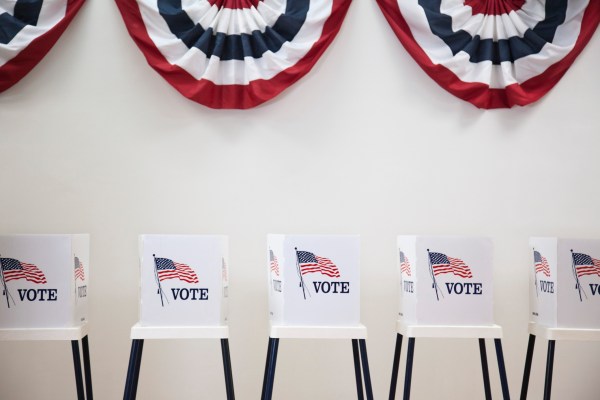Following an extremely contentious election cycle, the Department of Homeland Security (DHS) will label election systems in the U.S. as “critical infrastructure.” The new categorization would allow election systems to “receive prioritized cybersecurity assistance” from DHS, although this would only be by request of a state or local government.
In a press release, Homeland Security Secretary Jeh Johnson explained that the designation will apply to “storage facilities, polling places, and centralized vote tabulations locations,” as well as “voter registration databases, voting machines, and other systems to manage the election process for federal, state and local governments.”
In response to alarm about a federal agency meddling in state business, Johnson clarifies that the change “does not mean a federal takeover… [it] does nothing to change the role state and local governments have in administering and running elections.” That reassurance might not be enough to quell the fears of some state officials, including Georgia Secretary of State Brian Kemp, who in August dismissed the move as just another partisan expansion of federal powers.
Now, election systems join a lineup of important things that as a country we’d prefer to not have hacked, including government facilities, nuclear reactors, transportation systems and the energy sector. Johnson suggests that DHS already works closely with the established list of 16 critical infrastructure sectors to coordinate on cybersecurity strategy and practices.
The move comes as a result of a lot of things, really, not the least of which is evidence that hackers took an active interest in state voter registration systems in the lead up to the November elections. At that time, states had to wade through paperwork for their requests to DHS if they wanted the agency to help scan for vulnerabilities in their systems — a delay that likely would be alleviated with the designation in place.
Still, there’s a real possibility that incoming Homeland Security Secretary General John F. Kelly could just reverse his predecessor’s move, a trend we might see a lot of when it comes to eleventh-hour actions under the outgoing Obama administration.
